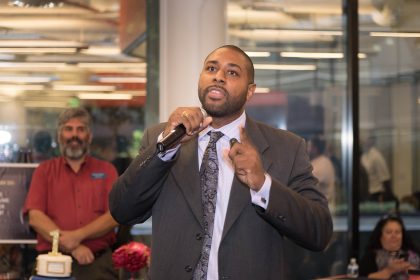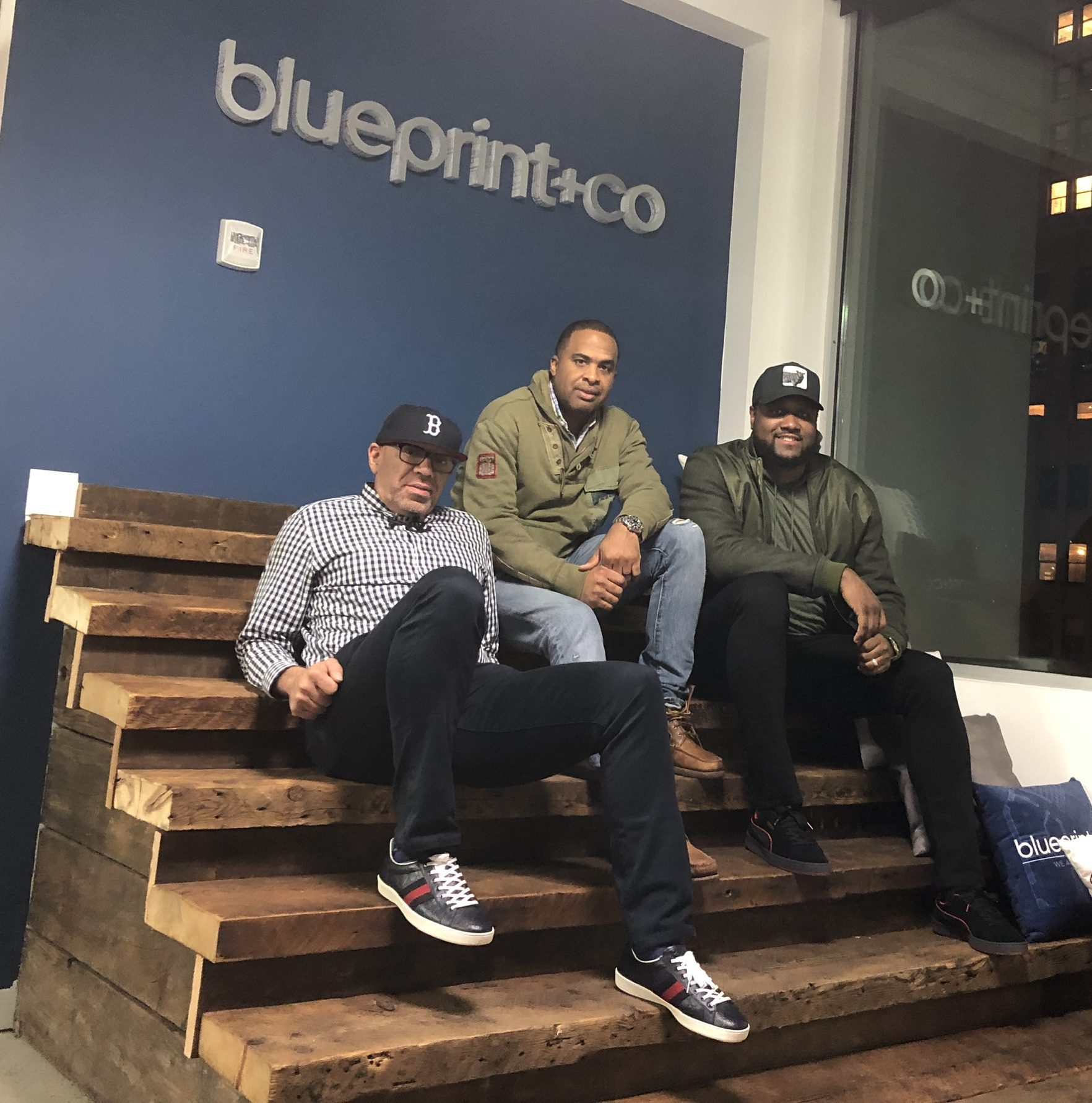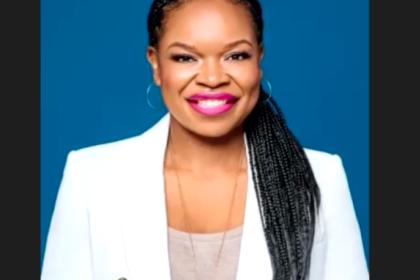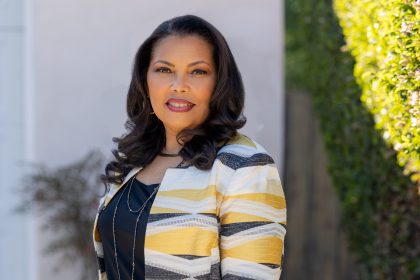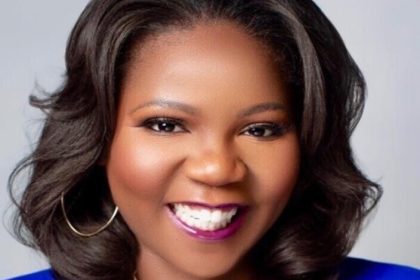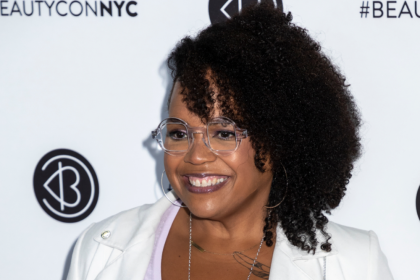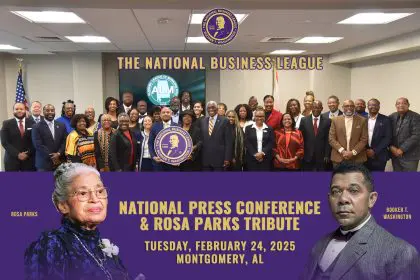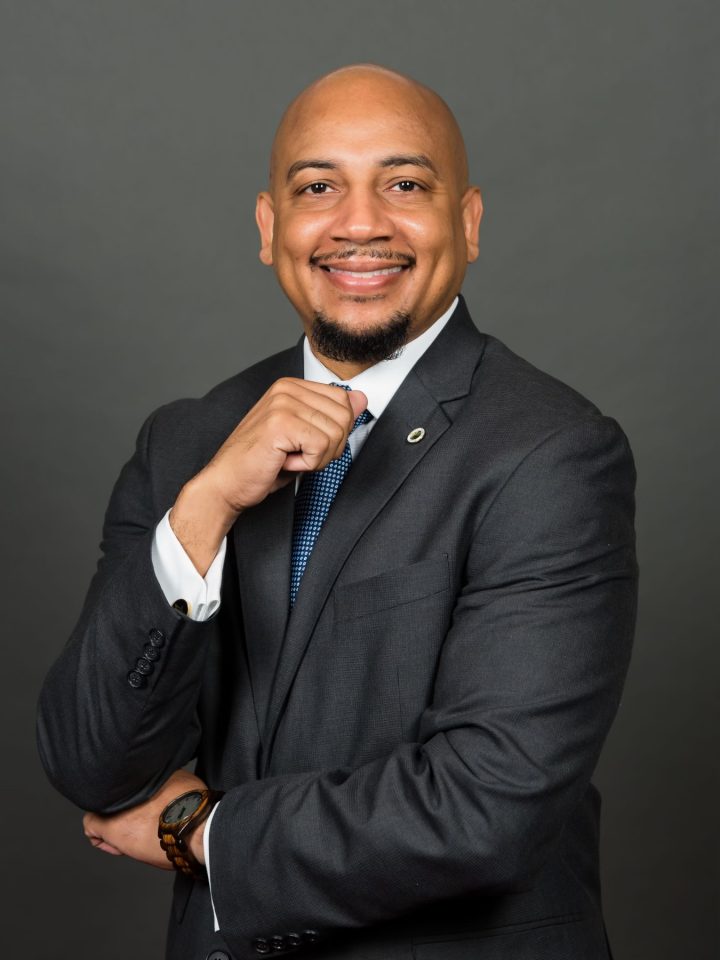
Kenneth Harris is the president and CEO of the National Business League. The organization is the largest and the first association for Black professionals and was founded by Booker T. Washington in 1900. Harris is continuing Washington’s legacy by applying historic African principles with a no-nonsense determination to secure economic freedom for Black and Brown communities.
For those who don’t know of the legacy, what is the purpose of the organization?
We stand on the shoulders of giants. When I think about the National Negro Business League, which was founded 122 years ago by the iconic and legendary Booker T. Washington — who was really a voice beyond his years — Booker T’s message is more relevant today than it was 122 years ago. When you think of someone who was not only born on the plantation, understood what it would take for Black people to progress in this system, that we see still prevalent today, to create an organization founded on the promotion of commerce activity, and the promotion of Black business success in the early 1900s. You had to be revolutionary during those times. I’m carrying on the legacy of that individual who really stood out front. And I don’t even really have to reinvent the wheel, I just put some Armor All on these old tires.
Why did Booker T. Washington want us to think collectively together?
I look at it two different ways. During that time, you had the Negro who was trying to make their way post-slavery during the Reconstruction period, no education, no formal training. They didn’t know how to form enterprise in a meaningful way. So, for us to transition off of the plantation and contribute to society, we had to depend on each other, learn how to use their hands. A lot of things that we did during slavery, though it is not the beginning of our story, were entrepreneurial.
To make a meaningful transition into the economic fabric and mainstream of America, Washington felt that it was important for us to focus on trades, building enterprise, and controlling the agriculture in our land. Doing things in a long, strategic process put us in position to have social, educational and political control. He used economics as the core from a collective mindset, as opposed to on the back end.
Why would an institution of higher learning be a part of his vision for our community?
He believed that if we were able to control our own destiny through entrepreneurship, enterprise development, and trade development, it would lead us to the economic prosperity and the equivalent of educational, political and social power that we need. As a basic concept, he was a practitioner.
Not only did he have theoretical and philosophical practices, he also showed you how it can be done. He leveraged internal resources and his own internal ecosystem and left us what we see today, Tuskegee University, a very prominent historically Black college and university in Tuskegee, Alabama. It is a reminder of what can be done if we follow the playbook.

